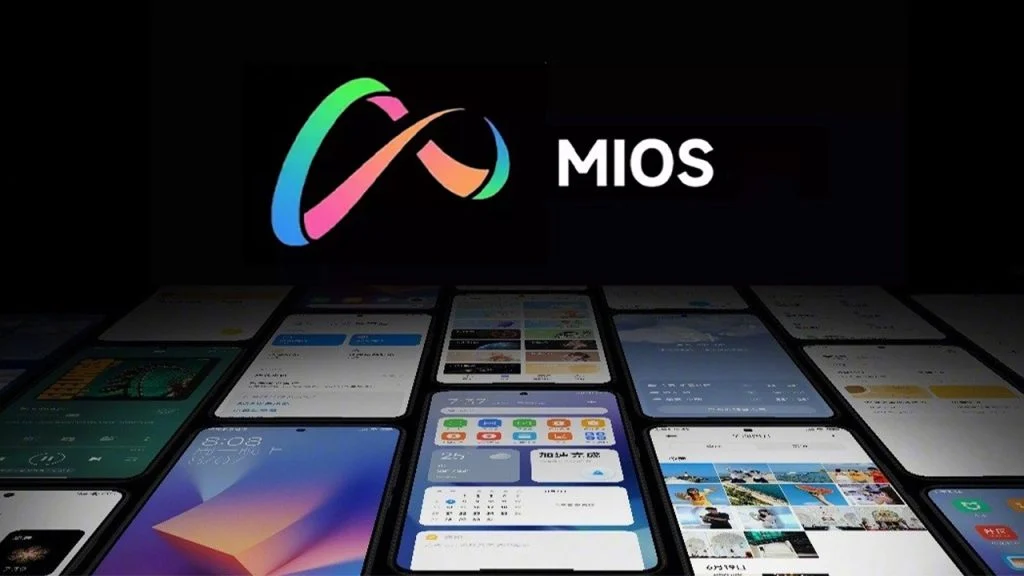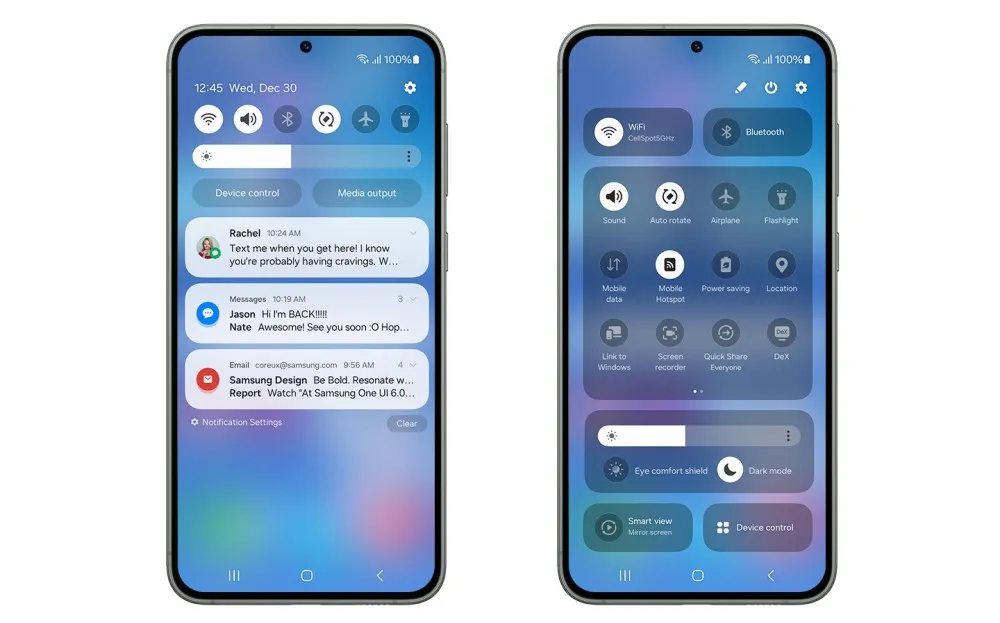A Monumental Moment in Technology and Medicine: Neuralink Successfully Implants Brain-Chip in Human Patient
In a groundbreaking achievement, Neuralink, the brain-chip startup founded by Elon Musk, announced the successful implantation of its device in a human patient. Elon Musk took to social media today to reveal this monumental moment, stating that the patient is in good health following the procedure.
A Significant Milestone in Brain-Computer Interfaces
This achievement is not only a testament to Neuralink’s ambition but also a significant milestone in the field of brain-computer interfaces (BCIs). Last year, the U.S. Food and Drug Administration (FDA) granted approval for human trials, paving the way for this momentous occasion. The ultimate goal of these trials is to empower paralysis patients to control digital interfaces, such as computer cursors or keyboards, solely through their thoughts.
The Telepathy Implant: Science Fiction Becomes Reality
The procedure, performed with utmost precision by a surgical robot, involves the placement of an implant in the brain region responsible for movement intention. Made up of ultra-fine threads, the implant detects neural signals, translating thoughts into actions in the digital realm. Neuralink aptly named its first product “Telepathy,” a fitting choice for a technology that seems like it belongs in the realm of science fiction.
Scrutiny and Concerns Surrounding Neuralink
While there is much optimism surrounding this development, it is crucial to acknowledge the scrutiny Neuralink has faced. Concerns have been raised regarding the company’s safety protocols, particularly in light of a fine imposed by the U.S. Department of Transportation for mishandling hazardous materials. Additionally, a group of lawmakers has called for an investigation by the U.S. Securities and Exchange Commission into potential misrepresentations by Musk regarding the safety of Neuralink’s technology, following reports of adverse effects in animal trials.
Despite these challenges, the successful implantation of Neuralink’s brain-chip in a human patient marks a significant step forward in the field of brain-computer interfaces. With further research and development, this technology has the potential to revolutionize the lives of individuals with paralysis and other neurological conditions, opening up new possibilities for communication and control.


